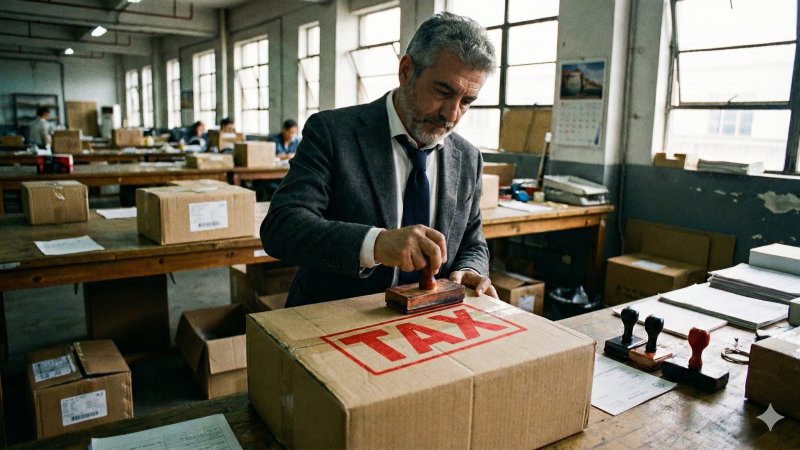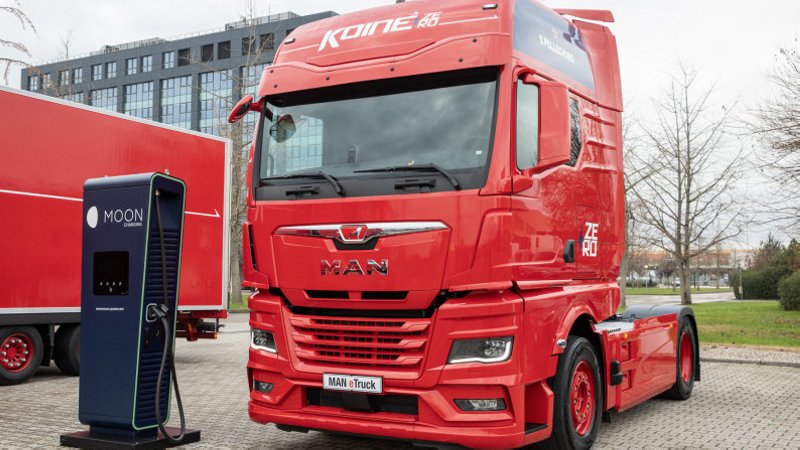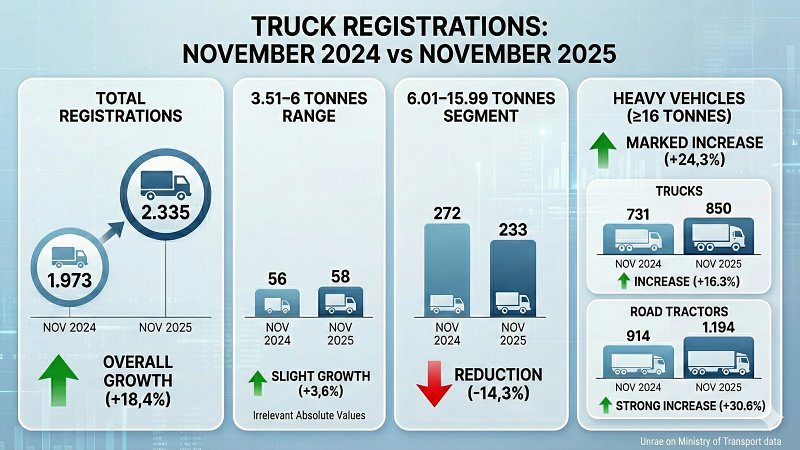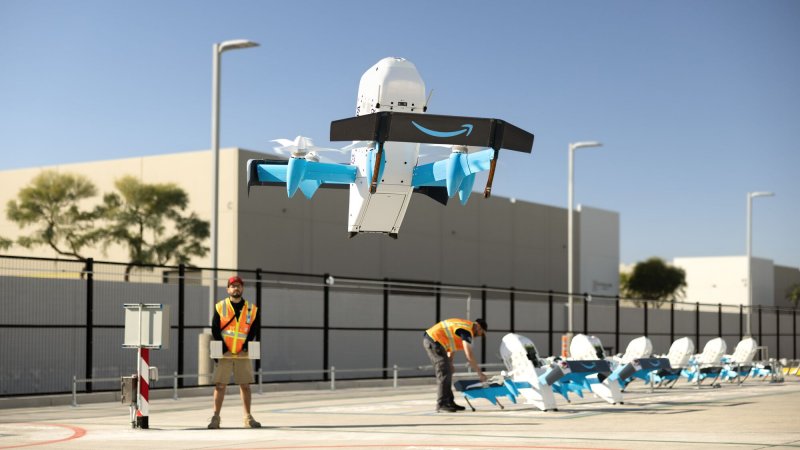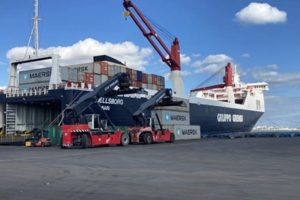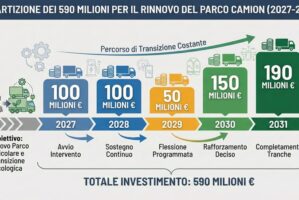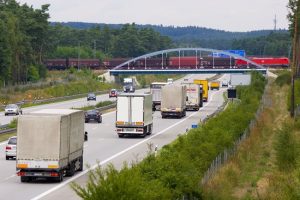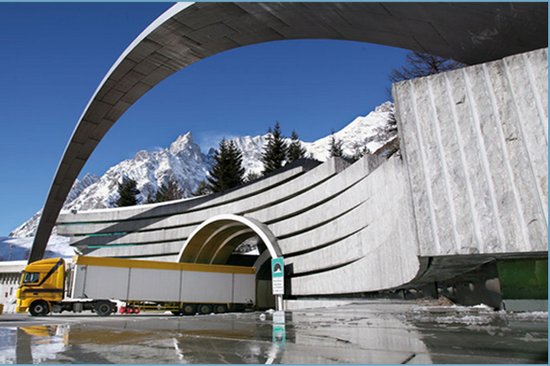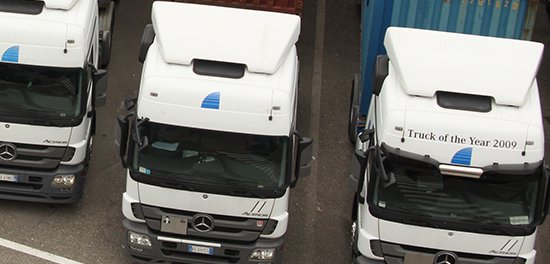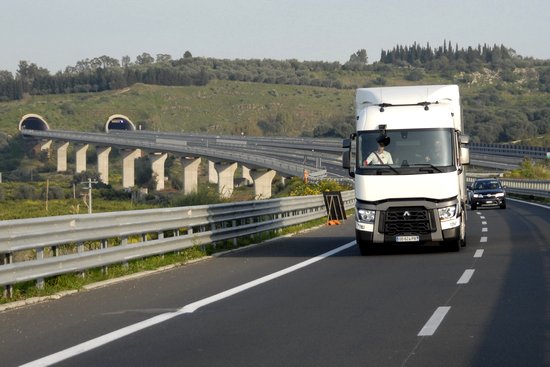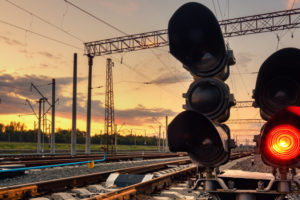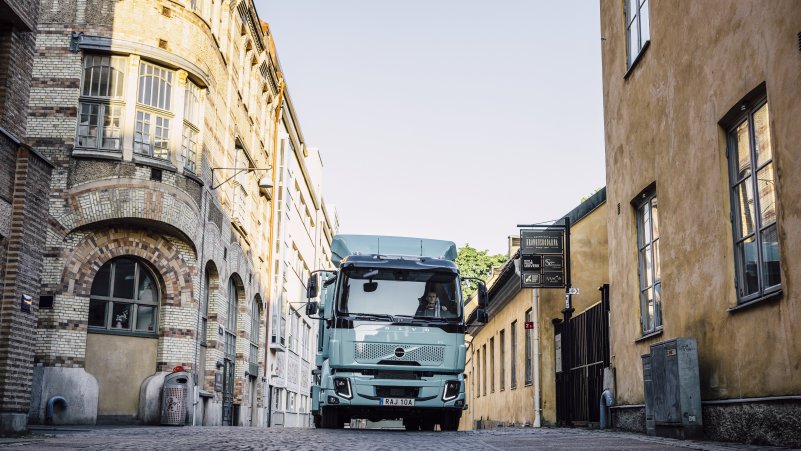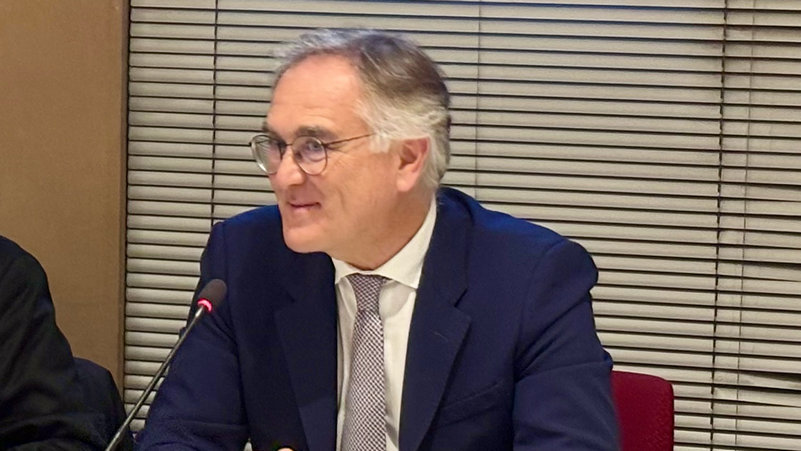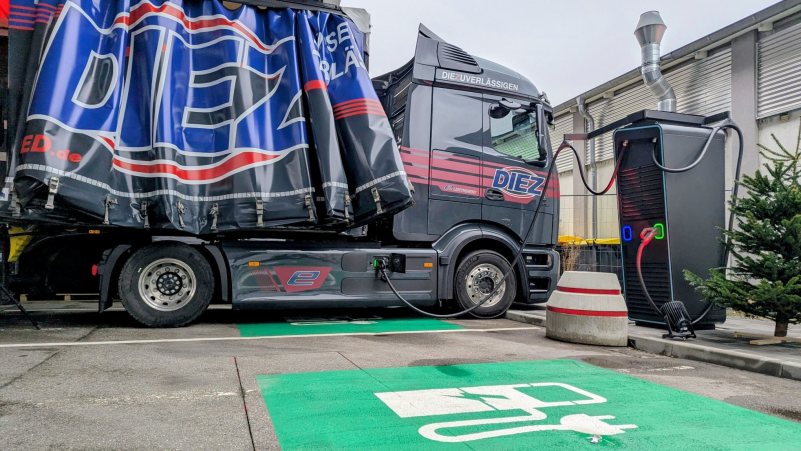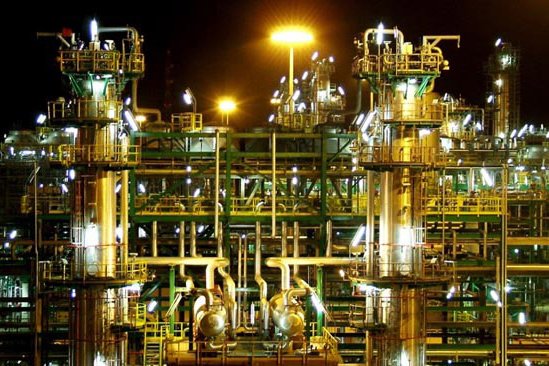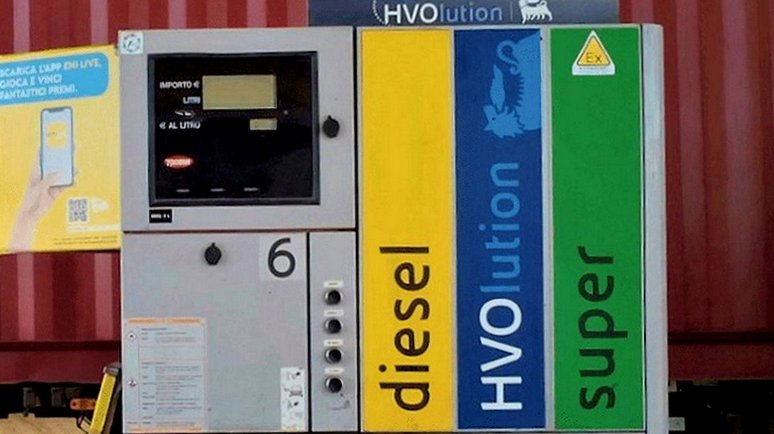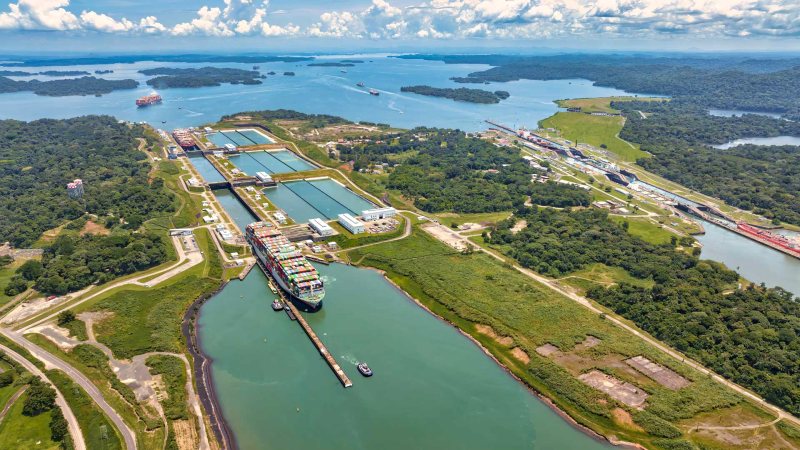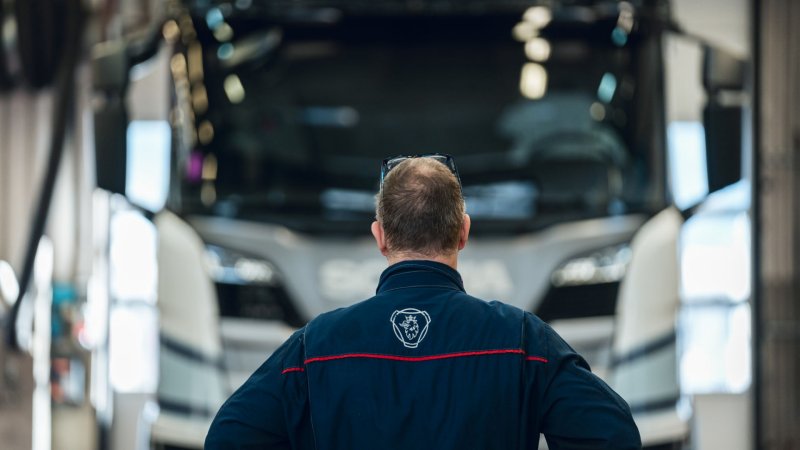Germany prides itself on being one of the most advanced countries in terms of environmental sustainability and CO2 reduction. But how is the logistics sector progressing in this area? To address this question, KPMG and the German Logistics Association (BVL) conducted a survey among industry operators. The results show that 69% of companies have established clear emissions reduction goals, with 71% of them aiming for carbon neutrality by 2030 or shortly thereafter. However, significant challenges remain: high costs, inadequate infrastructure, and fragmented regulations hinder the widespread adoption of sustainable technologies. A prevalent perception is that there is a lack of willingness to bear higher costs for low-emission services, which slows the transition.
Investments in the sector are concentrated in three main areas: upgrading vehicle fleets, developing sustainable infrastructure, and advancing digitalisation. Fleet modernisation involves the adoption of battery-electric and hydrogen fuel cell vehicles—technologies viewed as pivotal for the future. For instance, 71% of respondents believe battery-electric vehicles will dominate in the coming years. Nevertheless, their deployment is hampered by a shortage of adequate charging stations and prohibitively high costs.
Simultaneously, interest in hydrogen-based solutions is growing, especially for long-distance transport. Yet, infrastructure limitations remain a significant hurdle. Beyond these vehicles, alternative fuels such as biofuels and synthetic fuels are being developed. These options could offer an interim solution by reducing emissions without requiring major modifications to existing fleets. However, scaling up their production poses economic and logistical challenges.
Sustainable infrastructure is another strategic pillar: warehouses powered by renewable energy, water recovery systems, and real-time monitoring technologies are among the most adopted solutions. Furthermore, digitalisation plays a crucial role in optimising journeys, cutting fuel consumption, and boosting operational efficiency. Without a stable regulatory framework and targeted financial incentives, however, many companies struggle to justify the necessary investments.
The regulatory framework is seen as another critical factor. Companies are calling for greater clarity and consistency in regulations, particularly at an international level. The lack of harmonisation across countries complicates the adoption of uniform standards, disadvantaging global operators. Additionally, tax incentives and subsidies could accelerate the transition, but current support falls short of addressing the scale of the challenges.
Despite the obstacles, the research highlights encouraging trends. An increasing number of companies view sustainability not merely as an obligation but as an opportunity for differentiation. Modernising fleets, combined with investments in advanced technologies and resilient infrastructure, presents a viable path towards achieving ambitious climate goals. As Steffen Wagner of KPMG points out, “Integrating sustainability into risk management systems is not just about regulatory compliance but an essential strategy for ensuring long-term business stability.”
The urgency to act is further underscored by the direct impacts of climate change, which are already affecting global supply chains. Extreme weather events, such as floods and heatwaves, pose an escalating risk to logistics infrastructure and transport networks. These phenomena not only drive up operational costs but can also damage the reputation of companies unable to manage such crises effectively.
Collaboration between the public and private sectors is another crucial aspect. Governments and institutions can play a key role in creating the conditions for an effective transition. For instance, public investment in sustainable infrastructure, such as charging networks for electric vehicles, could significantly lower entry barriers for businesses. At the same time, clearer regulations and targeted tax incentives could further encourage private investment.
Finally, the study emphasises the need to raise awareness among end consumers. Demand for sustainable services is growing, but consumers are often unaware of the economic and logistical implications of their choices. Enhanced communication efforts could help build a market more conducive to sustainability, creating a value chain where all stakeholders—from producers to consumers—actively contribute to emission reductions.


